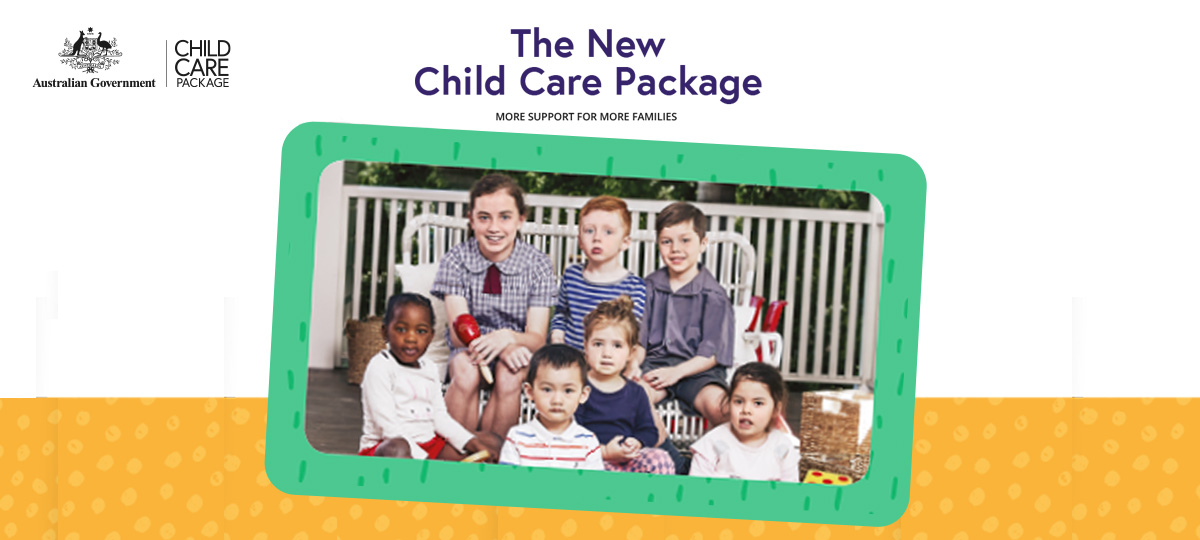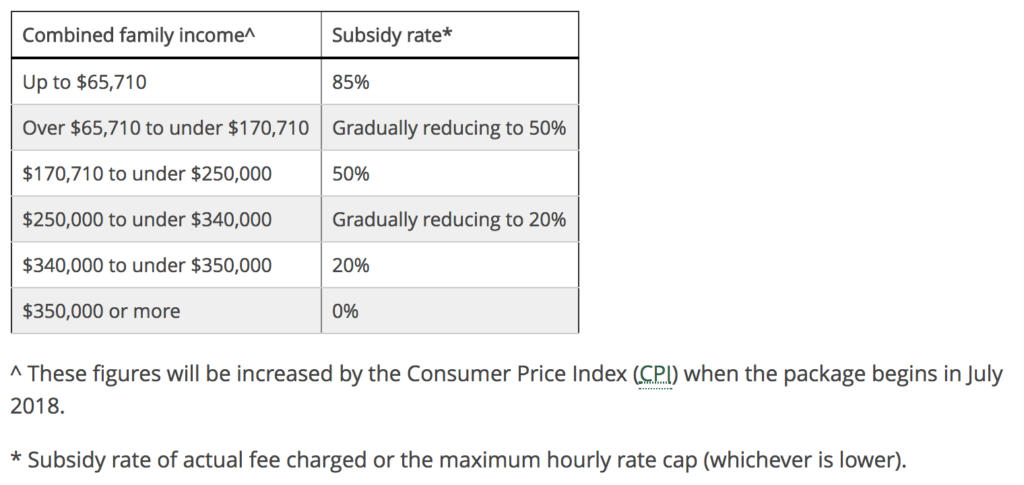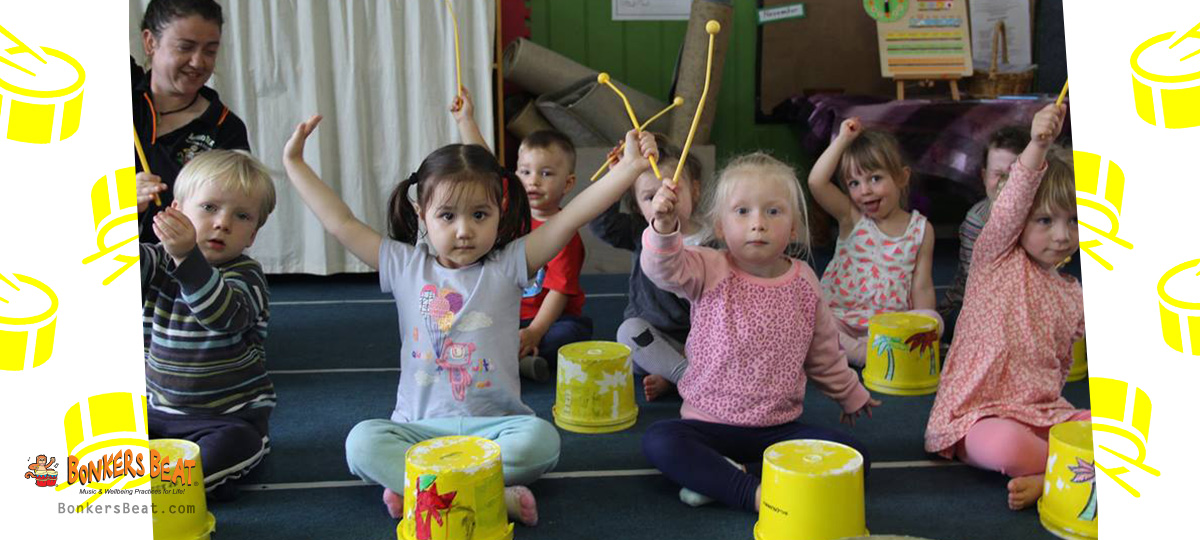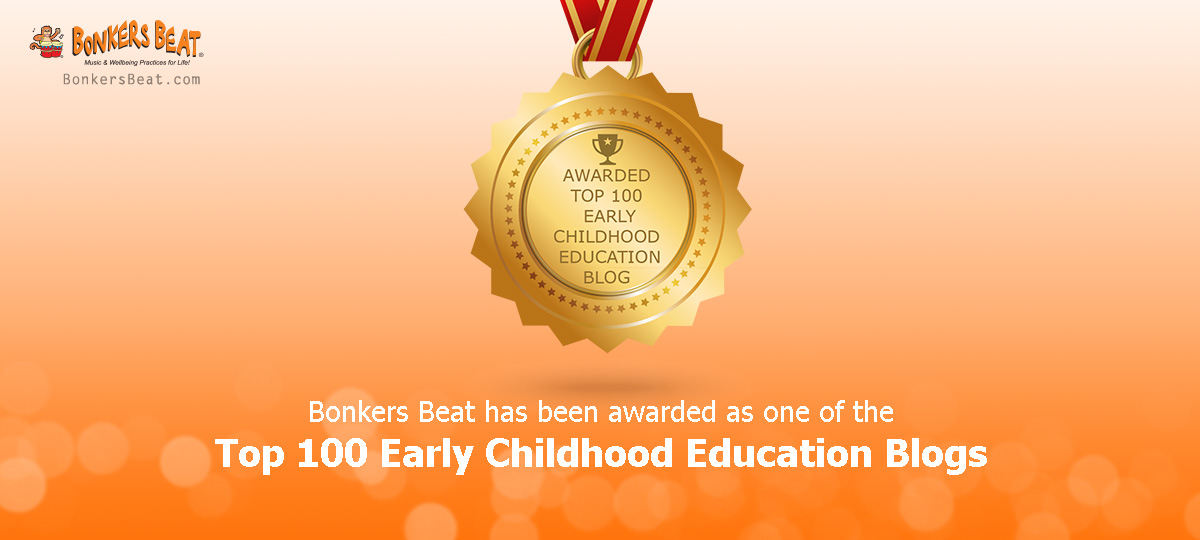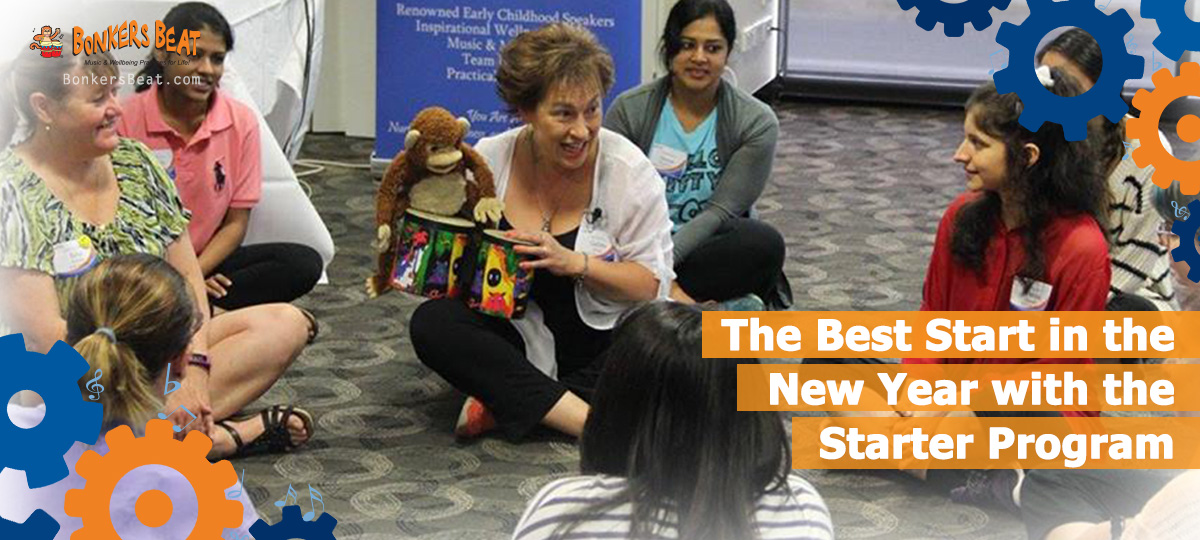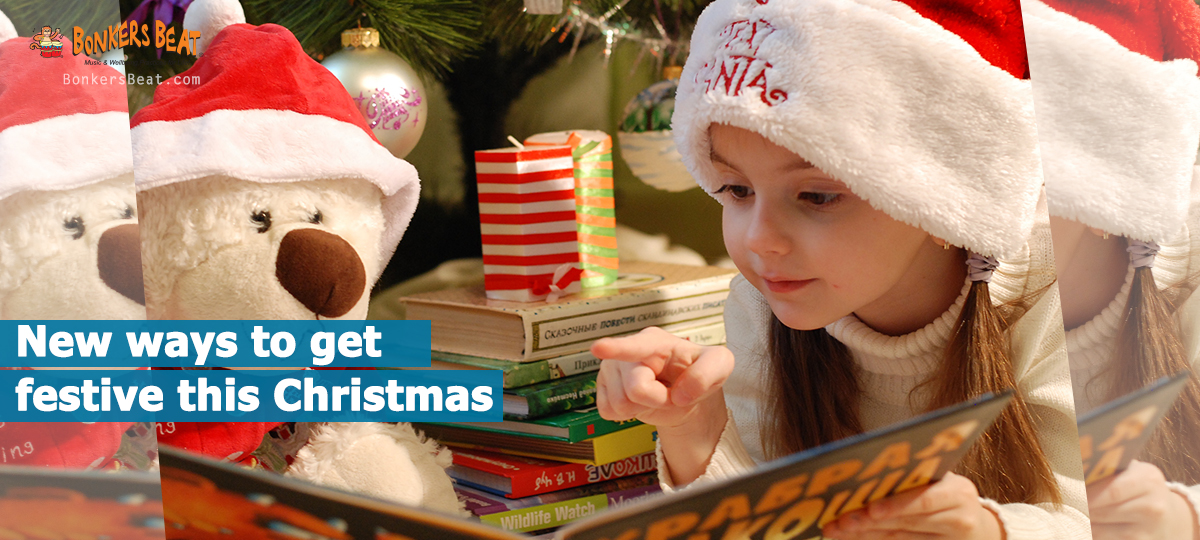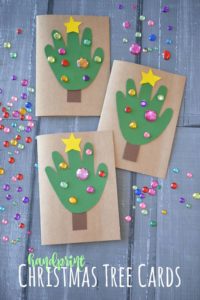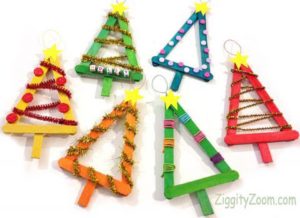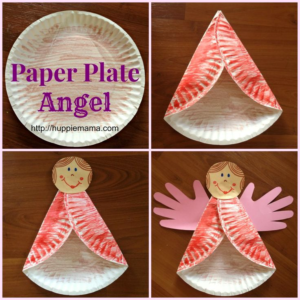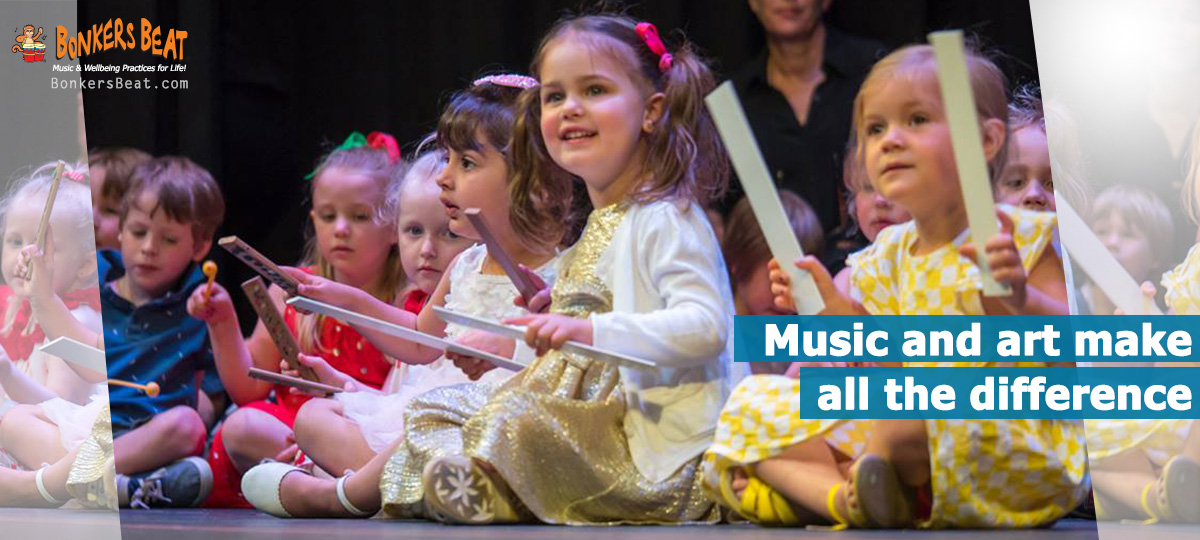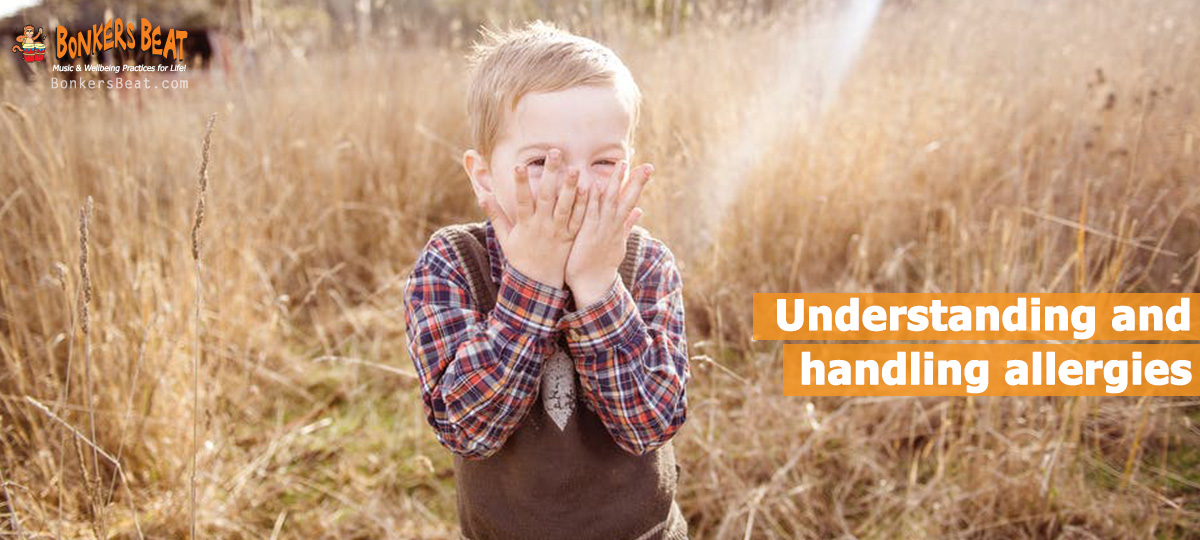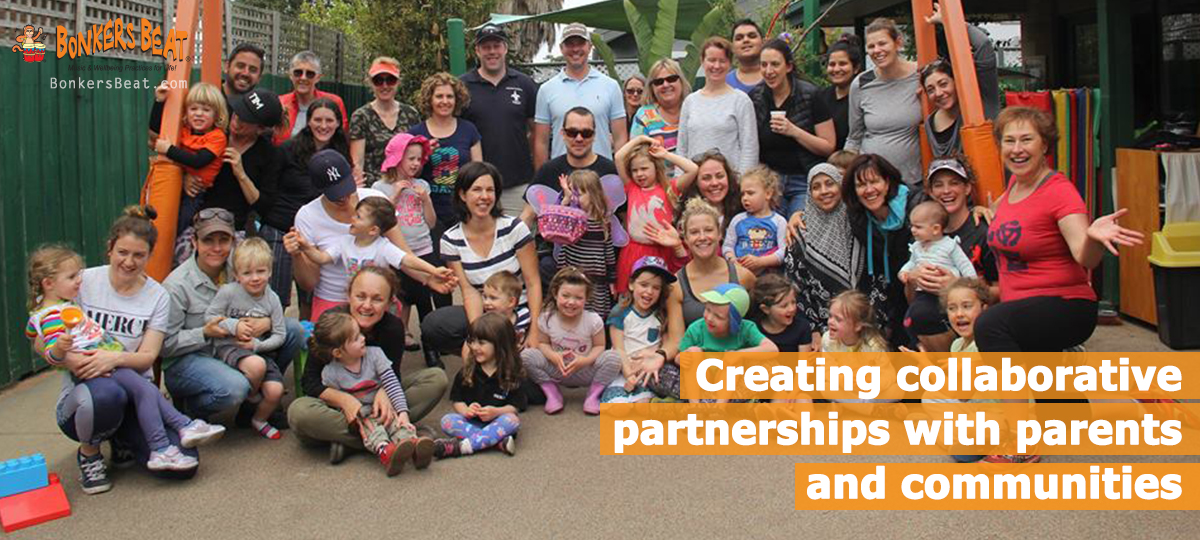From 2 July 2018 the current child care system, which includes the Child Care Benefit and Rebate, will be replaced. The new childcare package will provide families of approved childcare services with a new Child Care Subsidy and result in a few changes for providers.
We’ve taken the time to go through some of the main changes to the childcare package so families and early childhood educators, directors and owners can be prepared when July 2 arrives.
Changes for childcare services:
Types of childcare services
Instead of the seven types of childcare providers we currently have, there will only be three. There are Centre-based Day Care (CDC), Outside School Hours Care (OSHC) and Family Day Care (FDC). Depending on what type of childcare service you run, this may affect you.
Operating hours
Currently, there are many regulations for childcare professionals when it comes to their operating hours, however, with the new childcare package childcare providers will have more freedom in choosing their operating hours to suit their local area and demand. This includes how many days and hours they offer care each week, however, some regulation will still apply.
Reduced admin time
According to the department, the new child care IT system that will roll out with the childcare package is designed to support childcare providers in reducing admin time and giving you a highly functional IT system to work with.
Display this poster at your centre to remind families of the upcoming changes.
You can get plenty of information and resources here: https://www.education.gov.au/new-child-care-subsidy-system
Changes for families:
One payment system, not two
Instead of a two-payment system, the Child Care Subsidy rolling out in July will be one payment. This will completely replace both the Child Care Benefit and Child Care Rebate.
Annual cap
While currently your subsidised childcare hours are capped at $7,500, the new Child Care Subsidy will not have a cap on the majority of families. If your family earns over $185,710 your cap will remain but will be extended to $10,000 from July 2.
Means-tested subsidy
As with the previous funding, the Child Care Subsidy remains a payment that is determined by your combined family income.
Take a look at how your subsidy level will be calculated:
Meeting the activity test
The activity test shows the required number of hours a family must undertake in an approved activity to access the Child Care Subsidy. This is to make sure parents who need childcare to work can access it fairly.
Childcare funding for parents not working
To ensure all children can access a quality early childhood education, the Child Care Safety Net offers low-income families who don’t meet the activity test up to 24 hours of subsidised childcare per fortnight.
For complete information about the Child Care Subsidy and new package launching as of 2 July 2018 visit https://www.education.gov.au/child-care-subsidy.
Families, you can learn more and work out your funding level with this online calculator: education.gov.au/childcare

